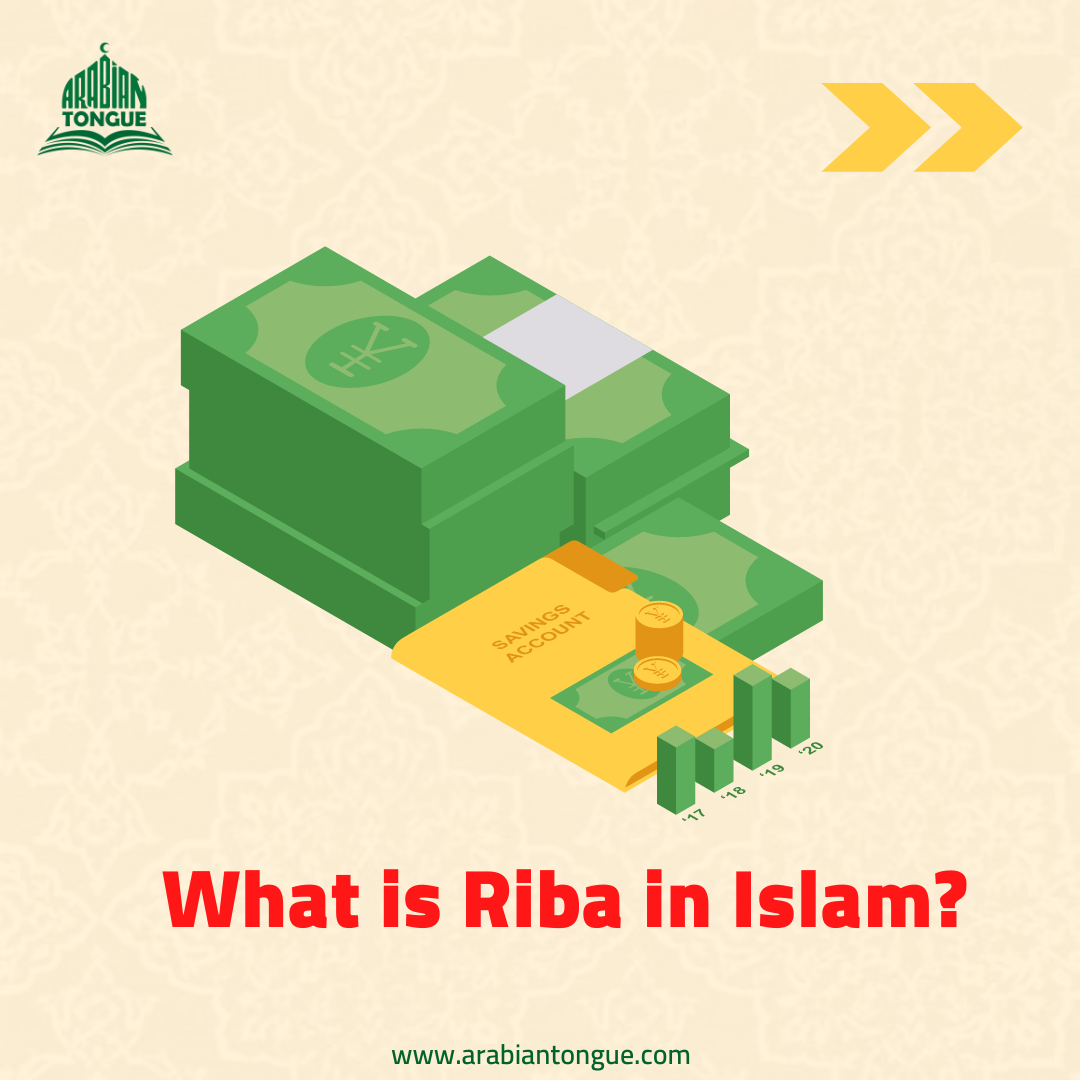Riba is an Arabic word that translates to “increase” or “exceed” in English and refers to any type of financial gain made through the use of another’s money. This includes charging interest or engaging in unequal exchanges. Riba is considered a forbidden practice in Islamic law as it is seen as exploitative and oppressive to the poor.
In the Quran, Allah forbids riba in all forms and considers its practice as equivalent to disbelief in Him. The Prophet Muhammad also clearly prohibited riba in his teachings. Riba is not only limited to charging interest on loans but also includes riba al-Fadl, which is when one adds to the amount when exchanging one item for another of the same type. For example, if gold is exchanged for gold, it is not permissible unless the exchange is done hand-to-hand and the items are of the same quality.
Islam prohibits riba because it is seen as the primary mechanism that allows individuals and groups to institutionalize their wealth at the expense of the disempowered and impoverished. It perpetuates a cycle of debt and poverty for those who cannot afford to pay back the loans and interest.
Interesting topic: Charity in Islam
The Quran emphasizes the prohibition of riba in several verses, including: “Allah has allowed trade and has forbidden riba” [2:275], “You who believe, do not consume riba, doubled and redoubled. Be mindful of God so that you may prosper.” [3:130], and “And whatever riba you give so that it may increase in the wealth of the people, it does not increase with Allah.” [30:39].
It’s worth noting that in Western societies, many Muslims may be unaware of the availability of financial services and products that comply with Sharia law. Thus, they may continue to accrue debt and interest on credit cards, mortgage loans, and bank loans without realizing that there are alternatives that align with their religious beliefs.
May Allah keep all of us away from Haram and lead us closer to Halal
Keep reading: Benefits of Tawakkul
Tags: Riba


